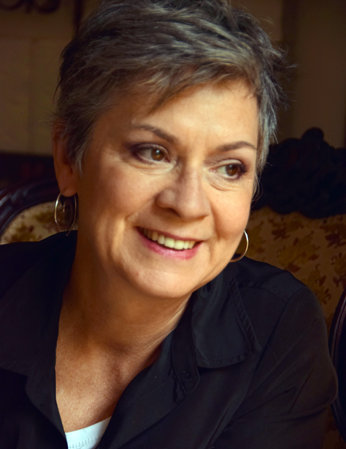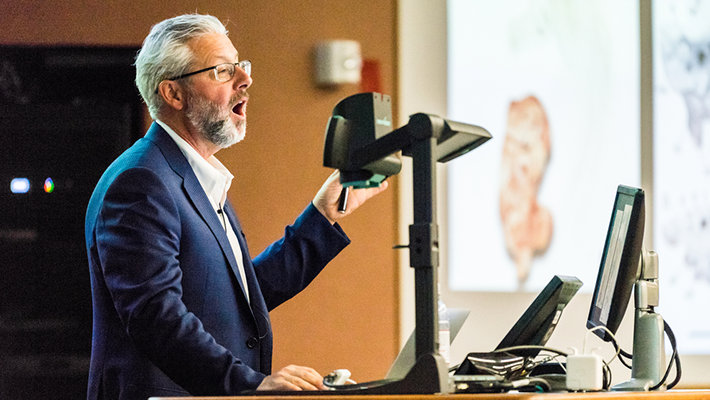
-
HOME
-
WHAT IS STANDOur Mission Our Values Our Help Contact
-
WHAT WE FIGHT FORReligious Freedom Religious Literacy Equality & Human Rights Inclusion & Respect Free Speech Responsible Journalism Corporate Accountability
-
RESOURCESExpert Studies Landmark Decisions White Papers FAQs David Miscavige Religious Freedom Resource Center Freedom of Religion & Human Rights Topic Index Priest-Penitent Privilege Islamophobia
-
HATE MONITORBiased Media Propagandists Hatemongers False Experts Hate Monitor Blog
-
NEWSROOMNews Media Watch Videos Blog
-
TAKE ACTIONCombat Hate & Discrimination Champion Freedom of Religion Demand Accountability
Canadian Church Permits Atheist to Remain Minister
Is it possible for an atheist to minister to a Christian congregation? As unusual as it seems, the United Church of Canada, the country’s largest Protestant denomination, settled a dispute with the minister of a congregation in Toronto dropping an ecclesiastical proceeding which could have resulted in her termination. Instead, they have allowed her to maintain her ministry despite her rejection of belief in God.

Gretta Vosper, the minister in question, said that she enrolled in divinity school because “she wanted to make the world a better place through (the United Church).” Following her ordination in the early ‘90s, she became the minister at Toronto’s West Hills United Church in 1997. United Church officials could probably have figured out in which direction she was heading when, in 2001, she told her congregation that she did not believe in God as a supernatural being. A successful author, she also published a book in 2008 entitled With or Without God: Why the Way We Live Is More Important Than What We Believe3 and another in 2012 called Amen: What Prayer Can Mean in a World Beyond Belief.
She maintained her ministerial status despite the above and other controversial statements. But what triggered the proceedings against her was a letter she wrote in early 2015 after the murder of staff of the French satirical magazine Charlie Hebdo by Islamic terrorists. The United Church posted a prayer to God in support of the victims. Vosper wrote to the head of the United Church stating, essentially, that because belief in God had triggered the killings, it was wrong to offer a prayer which forwarded traditional beliefs in God. She was thus found unfit for the ministry. The final step of the process to remove her was pending when a confidential settlement was reached in November which involved dropping the case against her, thus allowing her to continue in her current position.
Naturally, media from The New York Times to the Canadian press commented at length on how unusual it was that a self-proclaimed atheist would be allowed to remain the minister of a Christian church, treating it as a “man bites dog” kind of story. Some traditional Christians took offense. In the words of one critic, “So, everyone has to be included, including an atheist minister? It’s nonsense.”
Though not saying much about the decision due to its confidentiality, Richard Bott, the head of the United Church, in part quoting his predecessor, said: “at the heart of the concerns being raised is a tension between two core values, both of which are central to our identity as The United Church. The first is our faith in God. The second is our commitment to being an open and inclusive church. The dance between these core values, how they interact with and inform each other, is one that we continue to explore as followers of Jesus and children of the Creator.”
Dr. Bott highlights a question many groups, religious and otherwise, have to examine for themselves. Adopting too wide a standard for belonging dilutes the purposes of the group and risks admitting members who may oppose its beliefs and moral teachings. But too narrow a standard excludes people who could be valuable contributing members.
Even so, allowing an avowed atheist to remain a minister in a church whose sacred work begins with, “In the beginning God created the heavens and the earth” would seem to be on the wrong side of any line. But maybe not. A 2018 survey of Americans calling themselves Christians indicate that 1% do not believe in God at all and 18% believe in a higher spiritual force but not the God of the Bible. A 2016 Canadian survey didn’t ask exactly the same questions and was not broken down among Christians and non-Christians, but it indicated that only 22% of Canadians believe in God as taught by their religion while 58% believed either in God as a force of which we are all part or a God of their own constructed image. Twenty percent didn’t believe in God at all. So, while in a minority, Vosper’s views are not out of line for modern Christians in North America.
Certainly Vosper’s West Hills United Church didn’t object to having her as a pastor. They actively supported her in her struggle and raised tens of thousands of dollars for her defense. On their website, they describe themselves as “a progressive spiritual community where how you live is more important than what you believe.”
The real story here is not about what one minister believes, but that a church made its own decision about what to do with one of its clergy who pushed its belief in inclusiveness to the extreme rather than having a standard imposed upon it by outside sources.
Gretta Vosper’s ministry and the controversy it generated is another chapter in the long story of people trying to understand something higher than themselves and disagreeing with each other in the process. Why should it seem odd that people attempting to understand the infinite, even within the same general faith, come up with different answers? It’s not wrong that we search for higher truths—it’s only wrong not to grant to everyone the freedom to do so for themselves. Contrary to Vosper’s statement regarding the Charlie Hebdo atrocities, it was not the terrorists’ belief in God that led them to commit murder, but because, like all bigots and authoritarians, they were afraid to allow others the freedom of their own beliefs.
The real story here is not about what one minister believes, but that a church made its own decision about what to do with one of its clergy who pushed its belief in inclusiveness to the extreme rather than having a standard imposed upon it by outside sources. Further, the hierarchy and members were free to do so and shape the future of their church based on their own understanding of Christian theology. Sadly, for much of human history and in much of the world today where different forms of religion, and in some cases irreligion, are enforced and other beliefs suppressed, such would truly qualify as a “man bites dog” story.
Religion is extremely valuable to society, but only when people are free to examine the subject for themselves and draw the conclusions that seem right to them. Whatever anyone thinks of Vosper’s unusual theological perspectives or how the United Church resolved its dispute with her, what is most important to society as a whole is that the leaders and rank and file of the United Church were free to come to their own conclusions and granted Vosper the right to do the same.









